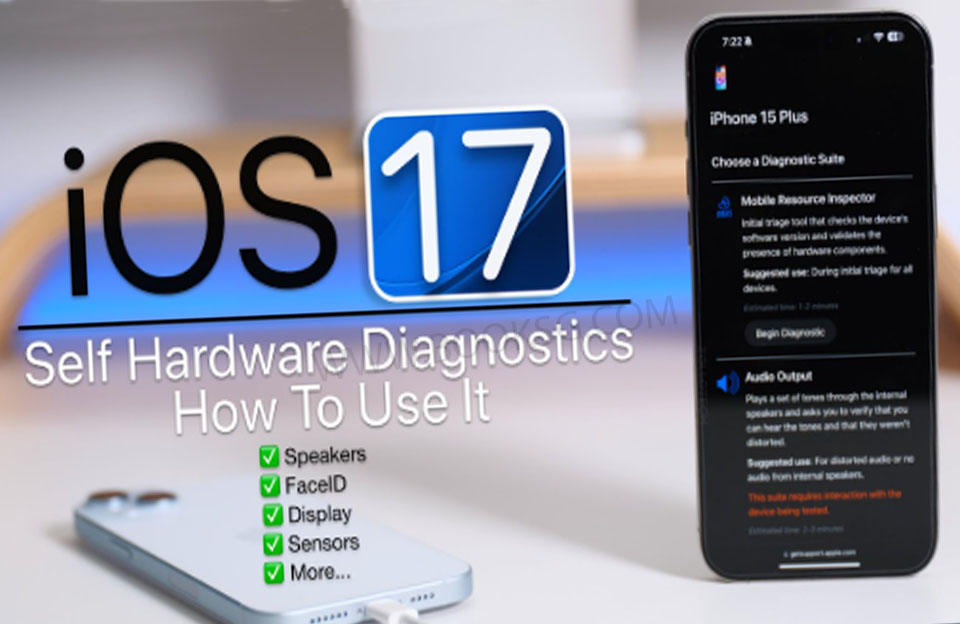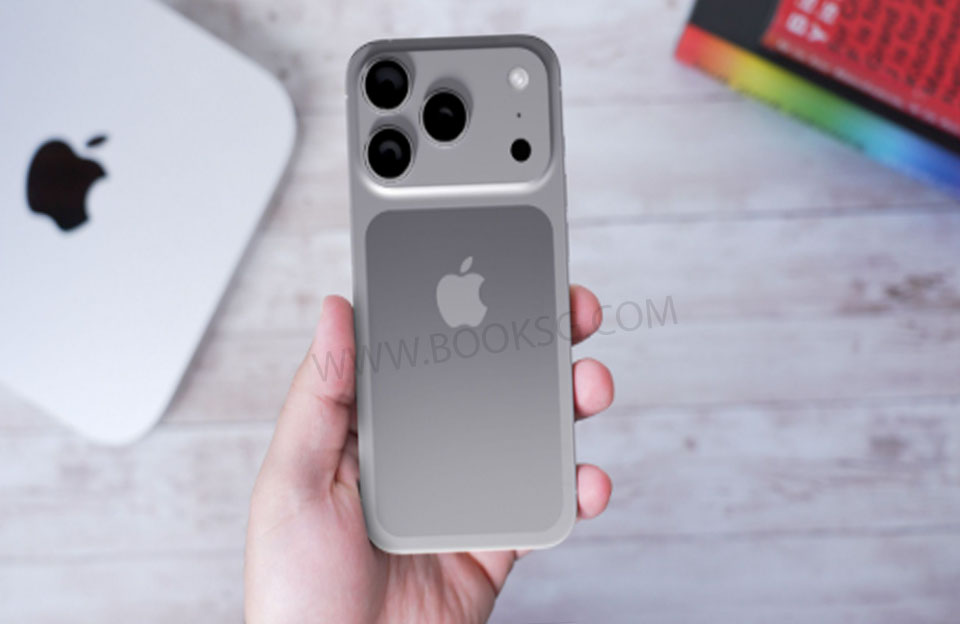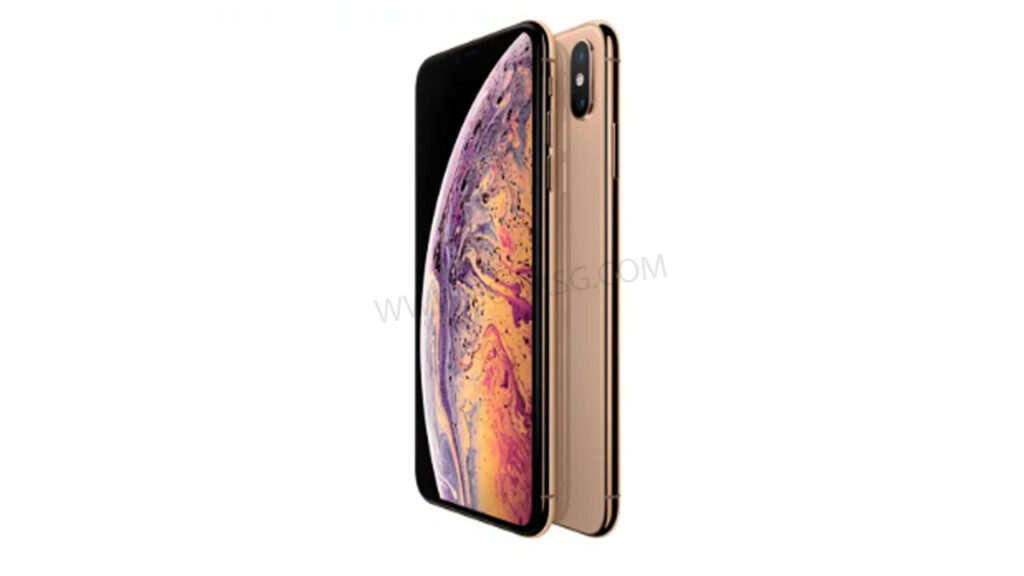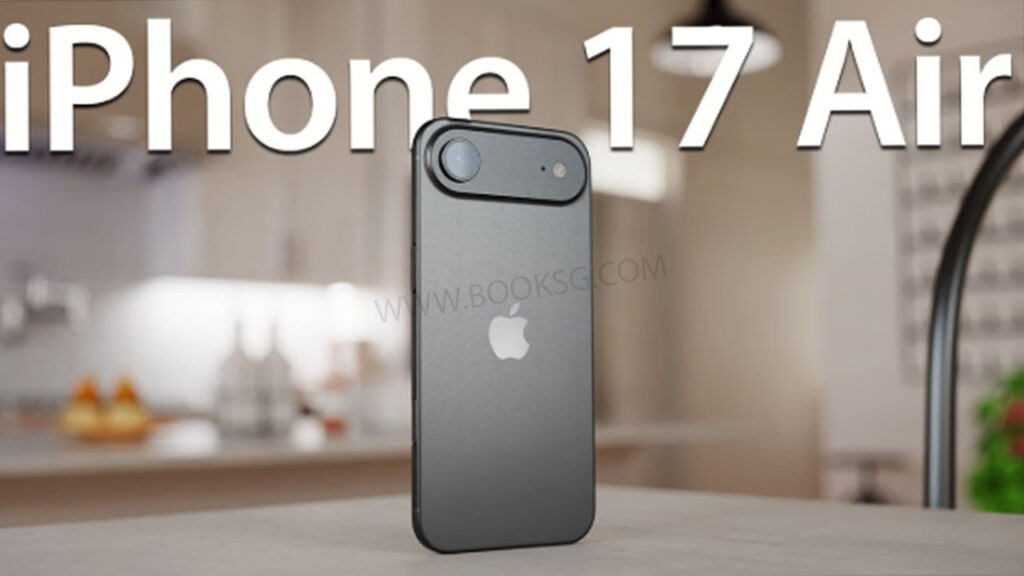Lab Tests: Display – iPhone 17
Another highlight of the iPhone 17: the display, using the most recent OLED technology from Apple along with precision color and brightness tuning. The standard model and the iPhone 17 Air both achieved excellent results in lab tests for the 6.3-inch Super Retina XDR display and 6.6-inch panel. They both offer LTPO technology that allows refresh rates to scale from 1Hz to 120Hz, providing seamless scrolling and animations while saving battery when static content is displayed.

When it comes to peak brightness measurements, the display top peaked at a staggering 2,200 nits for HDR content, one of the brightest displays on a smartphone. Typical brightness was set to dodecanal at 1,200 nits, which translated to good visibility in direct sunlight. It boasts full DCI-P3 color-gamut coverage, and its Delta-E color accuracy score is less than 1, which means colors are reproduced with close-to-perfect fidelity.
With OLED, blacks are also perfect, and it supports HDR10 and Dolby Vision for colorful, cinematic streaming visuals. They deliver better touch sampling rates for more responsive gaming and touch input; improved bezel to screen ratio for better immersion without sacrificing durability.
In any case, lab tests confirm the iPhone 17 display is not only eye candy — it’s also the best-calibrated and arguably most technically advanced screen available.
Introduction & of iPhone 17 Release date
Specs At A Glance of iPhone 17 Price
Design of iPhone 17 Phone Preorder
Build quality of iPhone 17 Phone pre order
Controls and connectivity of iPhone 17 Phone
Lab tests display of iPhone 17 Phone
Battery life of iPhone 17 Phone
charging speed of iPhone 17 Phone
Loudspeakers of iPhone 17 Phone
performance of iPhone 17 Phone
photo and video quality of iPhone 17 Phone
Alternatives of iPhone 17 Phone
pros and cons of iPhone 17 Phone



